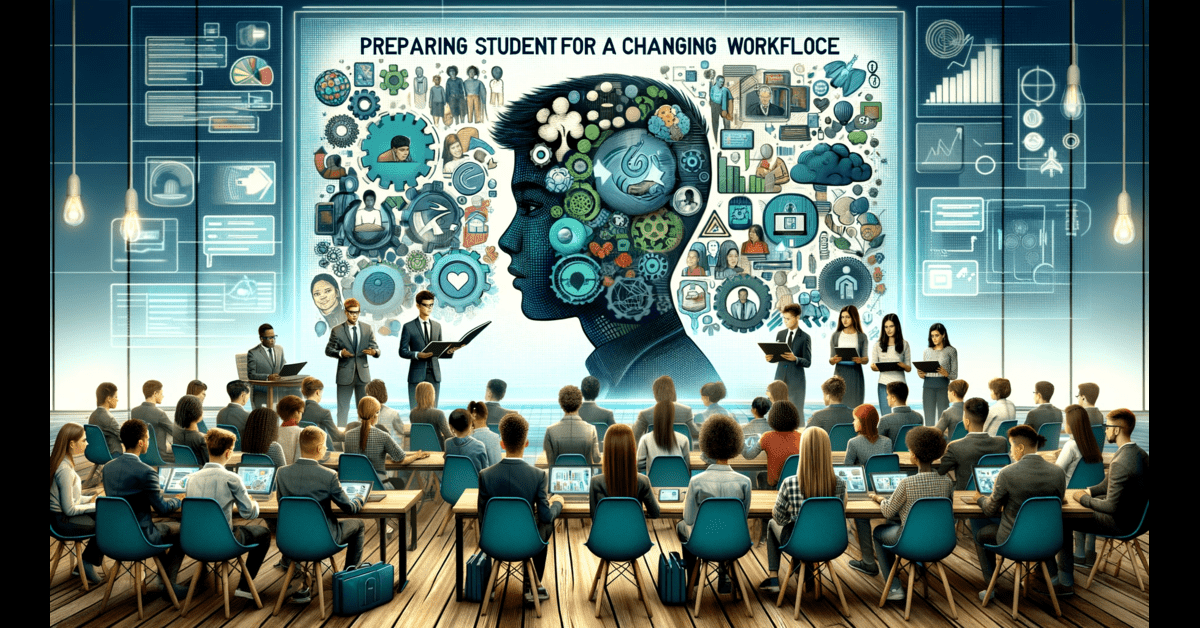In today’s rapidly evolving job market, the focus on traditional academic skills is shifting towards a more holistic approach that includes soft skills and adaptability. This blog post explores how educators and institutions can prepare students for the challenges of a dynamic workforce.
The Growing Importance of Soft Skills
Understanding Soft Skills
Soft skills, often referred to as interpersonal or emotional intelligence skills, include communication, teamwork, problem-solving, and adaptability. These skills are increasingly recognized as critical for success in the modern workplace.
Why Employers Value Soft Skills
With automation and artificial intelligence transforming industries, the human-centric skills machines can’t replicate are becoming more valuable. Employers look for candidates who can interact effectively, lead empathetically, and adapt to changing environments.
Incorporating Soft Skills into Education
Curriculum Integration
Integrating soft skills into the curriculum is key. This can be achieved through group projects, communication-focused assignments, and leadership opportunities, providing real-world contexts for students to develop these skills.
Emphasizing Experiential Learning
Experiential learning, such as internships and service learning, allows students to develop soft skills in real-world settings. This hands-on approach helps students understand the application of these skills in a work environment.
Building Adaptability and Resilience
Teaching Adaptability as a Skill
Adaptability isn’t just a trait; it’s a skill that can be learned. Educators can foster this by creating diverse learning experiences that challenge students to think critically and adjust their approaches.
Resilience Training
Resilience, the ability to bounce back from setbacks, is crucial in a changing workforce. Schools and universities can support resilience through mentoring programs, stress management workshops, and resources on coping strategies.
Conclusion
As we navigate through a period of unprecedented change, the focus on soft skills and adaptability in education is more important than ever. By equipping students with these essential skills, we are not only preparing them for the jobs of today but also empowering them to shape the jobs of tomorrow. The future workforce demands not just knowledge, but the ability to navigate, communicate, and adapt in an ever-changing landscape.

